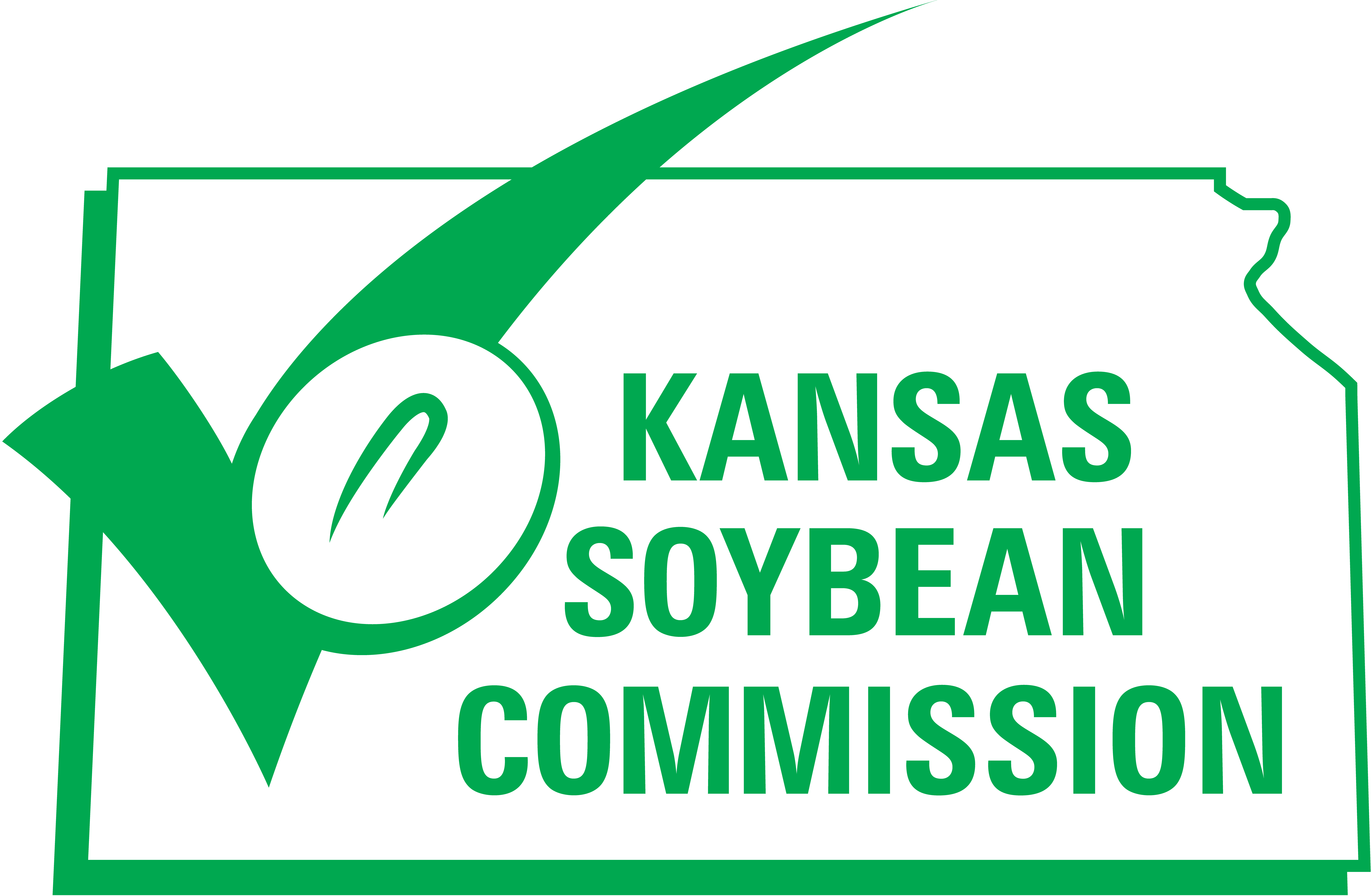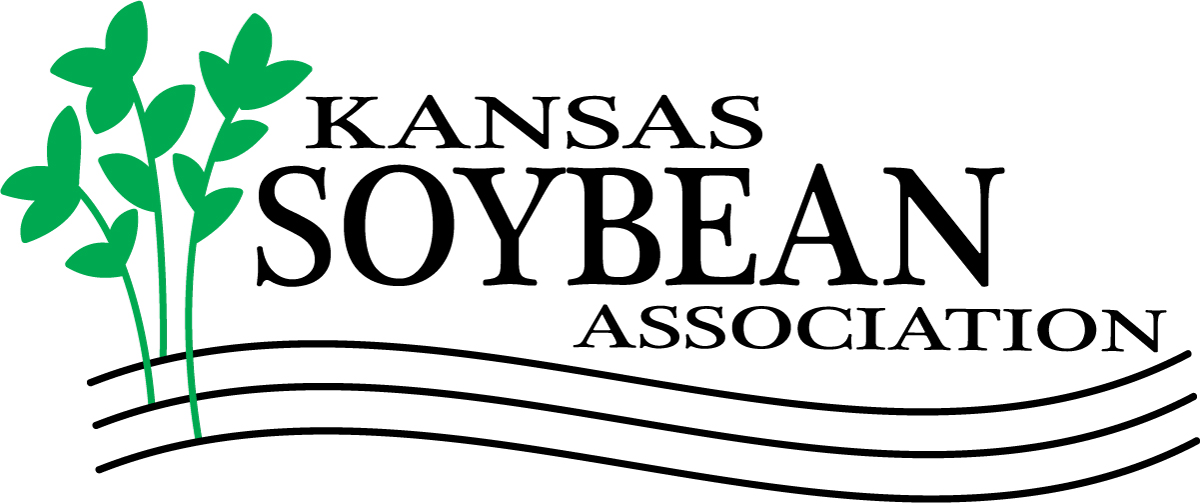Summer calls for field days
Research Consultant Ed Anderson expresses his appreciation for field days
Field Days are a great way for anyone involved in production agriculture to stay up to date on new practices, new technology, and how to get the best out of inputs. They also provide meaningful interaction with other farmers. Ed Anderson, Kansas Soybean Research Consultant, attended the K-State Research and Extension Ottawa Field Day.
While there, Anderson heard from multiple experts regarding strategies to receive the most from inputs, integrate cover crops in weed control, management of corn and soybean for maximum yield, and updates on fungicide application in row crops.
“I think the Ohlde field day was particularly good for presenting farmers with on-farm research data on their seed products, and for showing demonstrations on precision ag, aerial imagery and drone-based application technologies,” Anderson said. “I appreciated the practical weed science, disease management and other field research presented in Ottawa.”
Anderson says farmers receive short- and long-term benefits to attending a field day. Having a place for conversations to better understand each other’s sides are vital to continuous growth.
“Weeds, disease, insects, and other yield-robbers are moving and changing,” Anderson said. “Farmers need this research to stay ahead and stay profitable.”
Farmers and researchers are together in one spot where they can engage in important dialogue discussing concerns, needs, priorities and opportunities. Both jobs are incredibly important to the future of the soybean industry, even if their day-to-day tasks look different.
“The checkoff funds a lot of good, basic and applied research for farmers that would not be done otherwise,” Anderson said.

